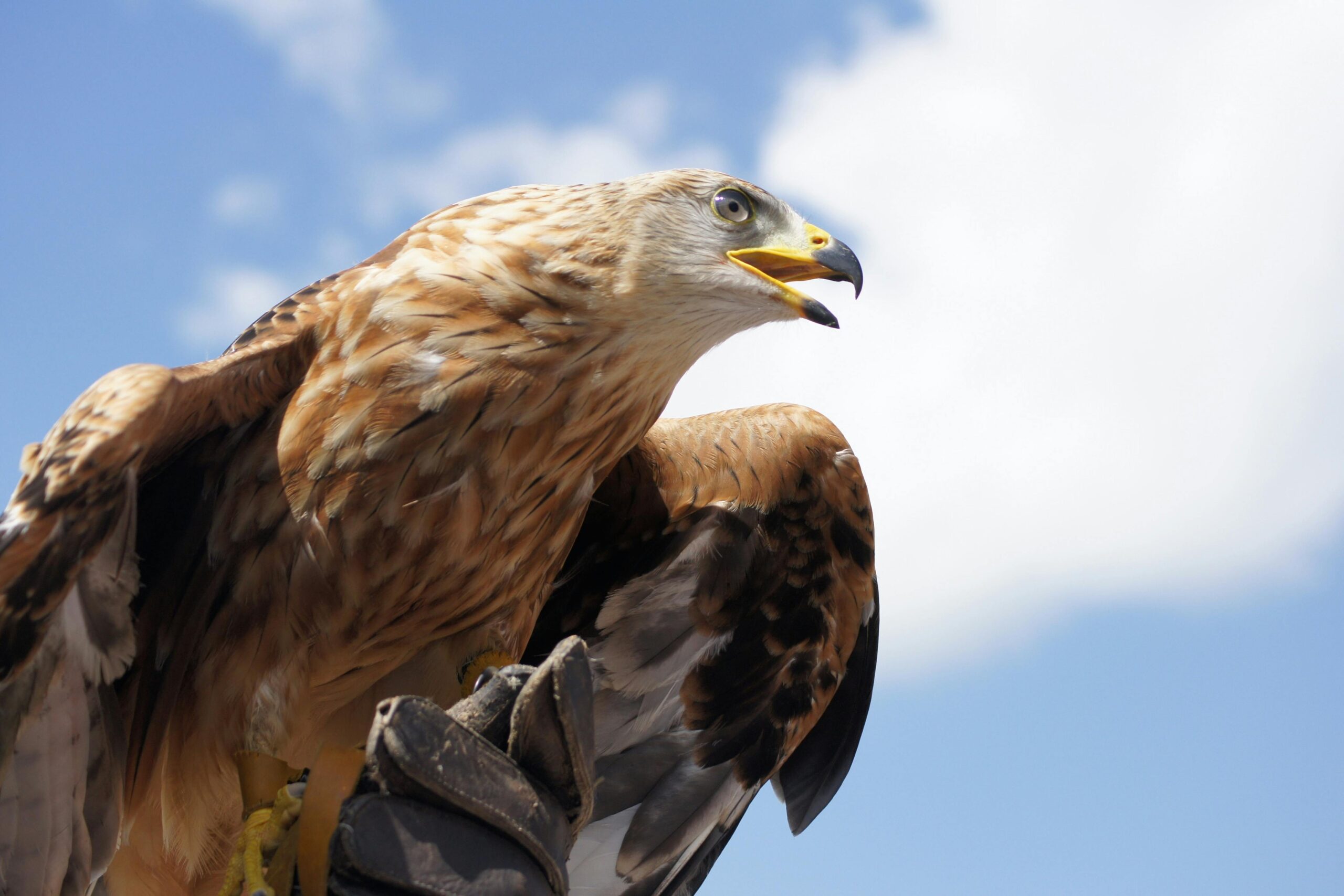Golden Eagles are large and powerful birds of prey, known for their impressive hunting skills and striking appearance. While they are not typically aggressive towards humans, there are certain situations where they can pose a danger.
Reasons Why Golden Eagles are Dangerous
1. Size and Strength
Golden Eagles are one of the largest birds of prey in North America, with a wingspan of up to 7.5 feet and a weight of up to 15 pounds. Their powerful talons can exert up to 400 pounds of pressure per square inch, which is strong enough to crush the bones of their prey. This size and strength can make them a threat to small pets, such as cats and dogs.
2. Territorial Behavior
Golden Eagles are known to be territorial and protective of their young. If they feel threatened or if their nest is disturbed, they may become aggressive and attack. This can be particularly dangerous for hikers or climbers who may accidentally stumble upon a nest while exploring the wilderness.
3. Risk of Lead Poisoning
Another potential danger posed by Golden Eagles is the risk of lead poisoning. Lead ammunition used by hunters can be ingested by eagles when they scavenge on the carcasses of shot animals, leading to poisoning and potentially death. This is a significant threat to wild eagle populations and is a major concern for conservationists.
4. Unpredictable Behavior
While Golden Eagles are not typically aggressive towards humans, they are still wild animals and their behavior can be unpredictable. It is important to give them space and avoid disturbing their nests or young, as this can provoke an attack.
Precautions to Take Around Golden Eagles
To avoid potential conflicts with Golden Eagles, it is important to take the following precautions:
- Avoid Disturbing Nests: Do not approach or disturb the nests of Golden Eagles, as this can provoke an attack.
- Keep Pets Indoors: If you live in an area with Golden Eagles, it is best to keep your pets indoors or in a secure enclosure to prevent them from being attacked.
- Use Non-Lead Ammunition: Hunters should use non-lead ammunition to prevent the risk of lead poisoning in Golden Eagles and other wildlife.
- Maintain Respectful Distance: If you encounter a Golden Eagle in the wild, maintain a respectful distance and avoid approaching or disturbing the bird.
Conclusion
While Golden Eagles are not typically dangerous to humans, there are certain situations where they can pose a risk. Their size and strength, territorial nature, and the risk of lead poisoning all contribute to their potential danger. However, with proper respect and caution, it is possible to coexist with these magnificent birds without incident.
References:
– Are Eagles Dangerous? (Reasons They Attack + How to Avoid) – Birdfact. (2023-01-23). Retrieved from https://birdfact.com/articles/are-eagles-dangerous
– Golden eagles in human culture – Wikipedia. Retrieved from https://en.wikipedia.org/wiki/Golden_eagles_in_human_culture
– Current Threats to Eagles | National Eagle Center. Retrieved from https://nationaleaglecenter.org/learn/current-threats/.



